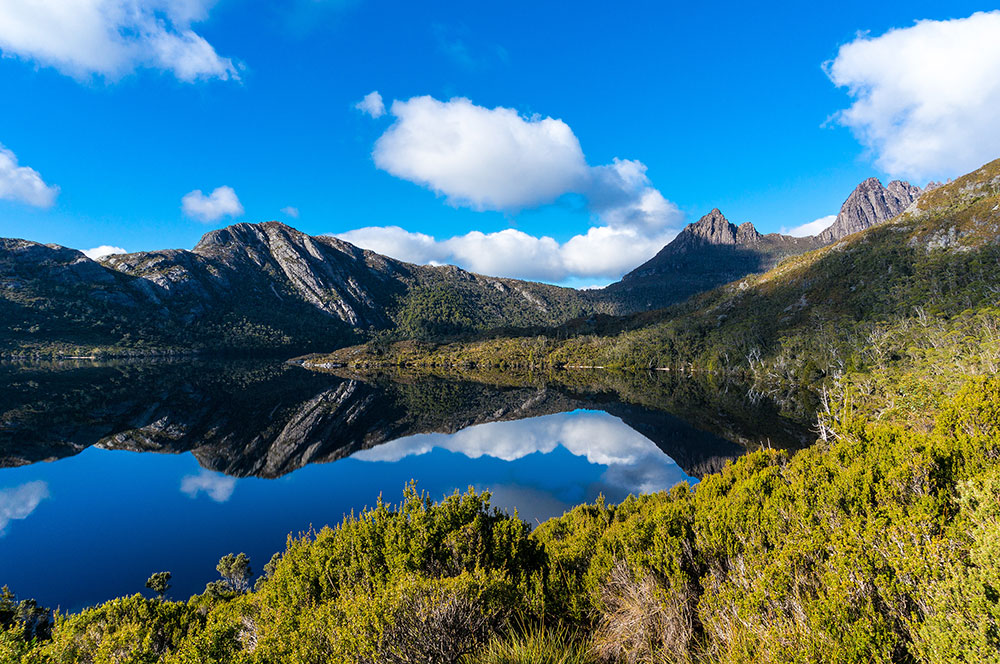Caring for the Environment

God loves his creation, God pronounced it “very good” (Genesis 1:31) and God entrusted it all to us.
“Fill the earth and subdue it. Rule over … every living creature” (Genesis 1:28). We are called to be the best of rulers, God’s faithful stewards, not exploiters, wasters or despoilers, but responsible for caring for all creation.
Caring for our planet is an important way we can obey Jesus’ command to “love your neighbour as yourself”. (Mark 12:31) Such love involves seeking justice and caring for others, including advocating on behalf of the poor and most vulnerable members of the global community.
It is not “loving your neighbour” to use resources wastefully while others go without. Nor to add carbon dioxide to the atmosphere and cause Pacific Islanders to lose their homes due to sea levels rising. And what of the poor in low-lying countries like Bangladesh?
The neighbour includes future generations. It is neither loving nor just to leave waste and pollution and deplete resources that they will need.
Our neighbours also include those who have lost jobs due to stricter environmental controls, and while we advocate for such controls, we must help seek a sustainable future livelihood for “our neighbours” who are affected.
Actions of the Tasmanian Anglican Church
In 2014 our Synod agreed:
“This synod, acknowledging God as the Creator of all, recognises the need for the church to have a prophetic voice in support of appropriate environmental action, particularly as it is the poor who are most often affected. Issues include minimising the effect of climate change and pollution, and ensuring access to wholesome and affordable food and water.
We commit ourselves to exploring appropriate and practical ways of keeping the need to care for the Earth in mind on a personal, parish, Diocesan, national and global level.”
In 2015 our Synod agreed:
“This synod encourages the Trustees of the Diocese to take into consideration environmental issues, such as climate change, when considering and/or reviewing investments, particularly those involving the mining, distribution and use of fossil fuels.”
